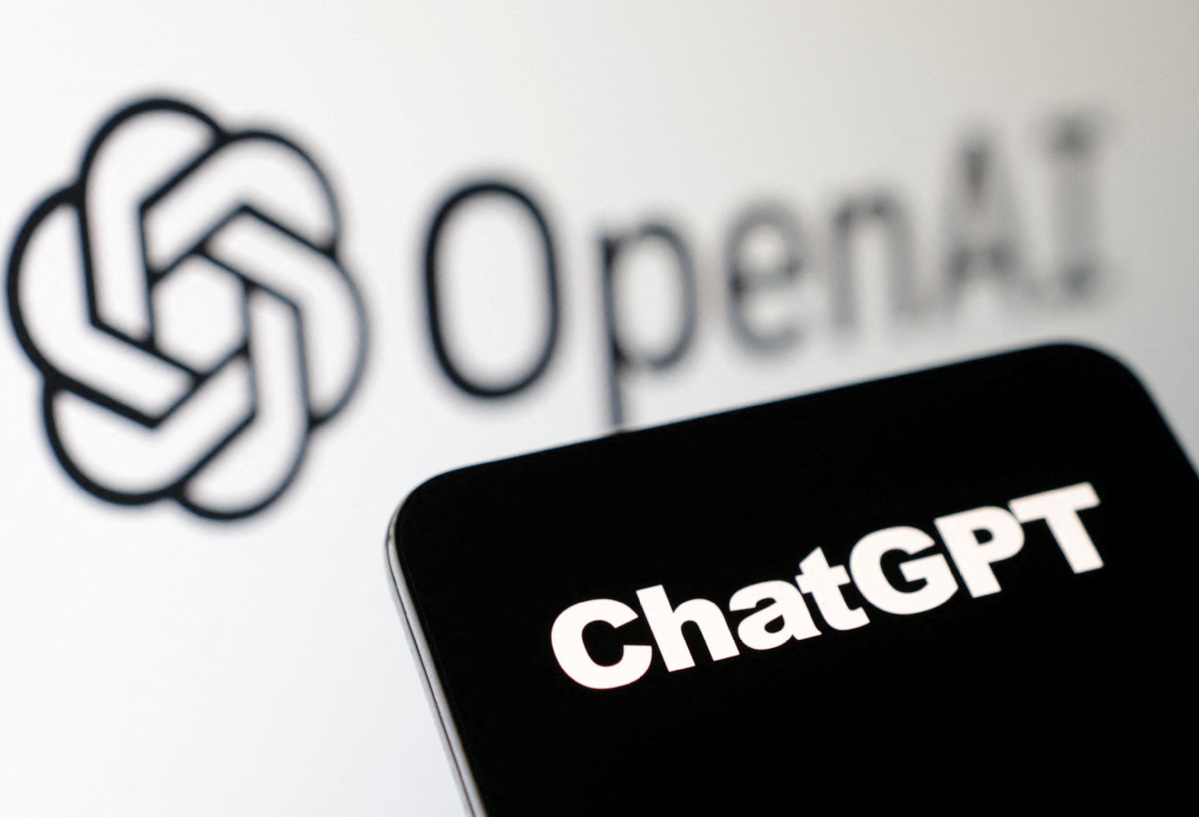OpenAI CEO Sam Altman has expressed personal concerns about the fast-evolving landscape of artificial intelligence, admitting he sometimes hesitates to use certain AI tools due to privacy issues. Speaking on an episode of the popular podcast This Past Weekend hosted by Theo Von, Altman revealed, “I get scared sometimes to use certain AI stuff, because I don’t know how much personal information I want to put in, because I don’t know who’s going to have it.”
His comment comes amid global scrutiny over the ethical use of AI technologies and how data is handled across platforms. Altman’s remarks offered a rare glimpse into the caution even industry leaders exercise in an era of rapid AI growth.
A Reluctant Race Among AI Giants
Responding to Von’s question about the pace of AI development, Altman described the current atmosphere among tech companies as an “intense” race. He acknowledged that while OpenAI operates with caution, slowing down is not always an option. “If we don’t, someone else will,” he stated, adding that the future of AI could slip out of the hands of those most conscious of its impact.
Altman emphasised that the long-term implications of AI will shape generations to come, positioning current developments as more than just commercial competition, but as defining moments in technological and human history.
Algoritha: The Most Trusted Name in BFSI Investigations and DFIR Services
Future of Jobs and the Human Role
Addressing concerns about job displacement, Altman acknowledged the disruption AI could bring. When asked by Von, “How will people survive?” Altman didn’t deny the possibility of job losses, but instead highlighted how AI might redefine purpose.
He said that AI could allow people to focus on creative, interpersonal, or philosophical goals rather than purely economic roles. “Even in a world where AI is doing all of this stuff that humans used to do, we are going to find a way in our own telling of the story to feel like the main characters,” Altman remarked.
Still, he recognised the transition would be challenging. For many, the immediate impact of automation may mean a loss of livelihood, while broader societal adaptation may take years.



